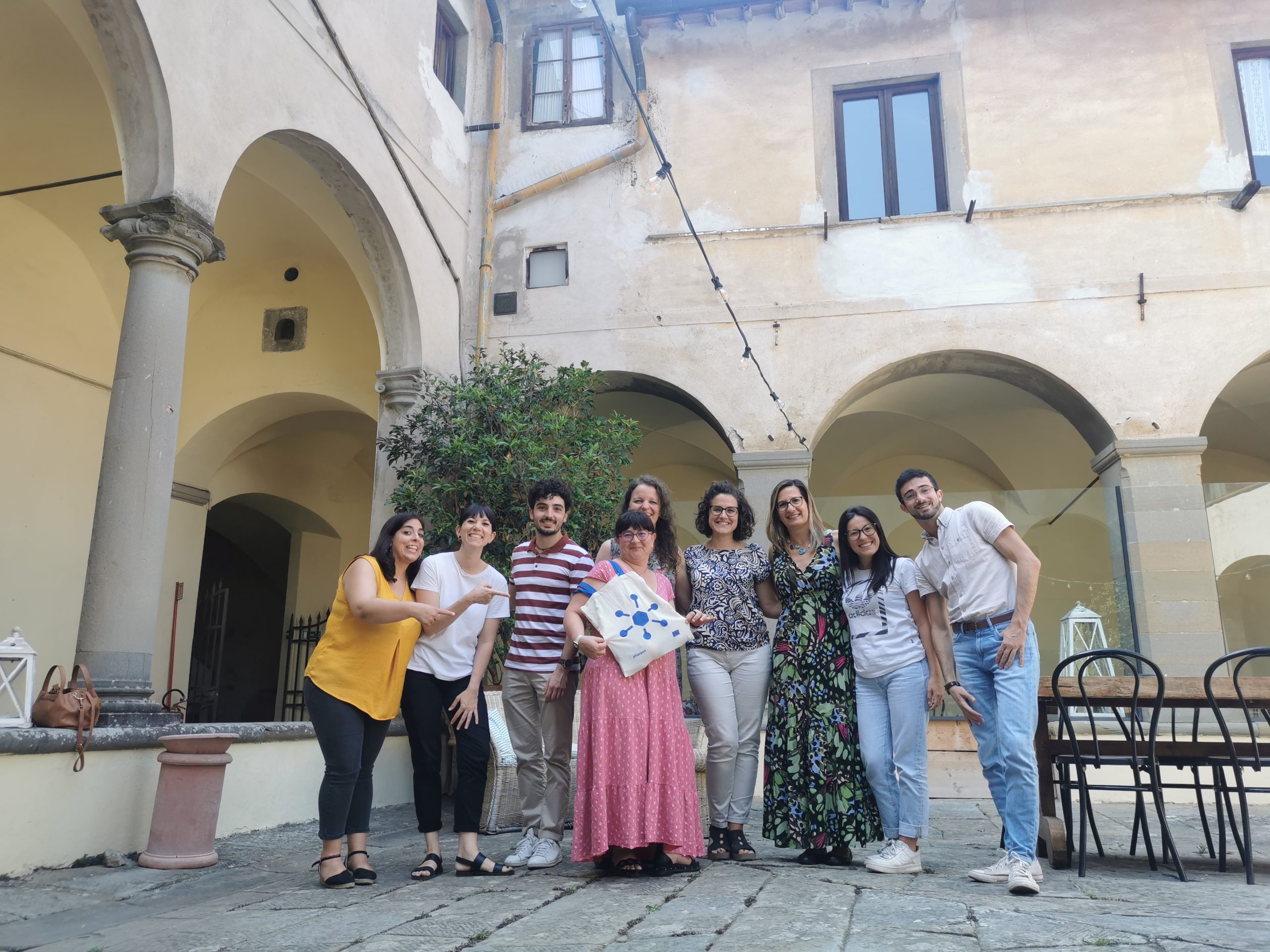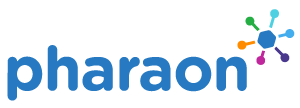
11 Jul Pharaon at the MEDEA Academy: multidisciplinary approaches match the Innovation Value Chain
A full day was dedicated to the PHARAON project during the MEDEA Academy on 26-29 June in Fiesole, Italy. Involvement Pharaon partners Gerontopole Nouvelle-Aquitaine, Roessingh Research and Development (RRD), Santa Casa de Misericordia de Amadora (SCMA), Centro Tecnológico del Mueble y la Madera de la Región de Murcia (CETEM) and University of Florence (UNIFI) focused on topics such as users’ engagement strategies, action research approaches and sharing of best practices.
In the health and social care domain “innovation” may be a novel product, service or care pathway aiming to provide clear benefits when compared to what is currently implemented. Successful innovations often possess two key qualities: they are both usable and desirable as they address end users’ needs and expectation. The Innovation Value Chain is actually a complex pathway consisting of different intertwined phases: a) Innovation Design, b) Innovation Implementation, c) Innovation Sustainability and d) Innovation Scaling-up.
During the implementation of this process different obstacles can be encountered preventing the success of an innovation to enter the market and scale-up from a project dimension. As such, how can the impact of these barriers be softened? How can proven innovations quickly and effectively be adopted as best practice and taken up across the whole socio-healthcare system?
The MEDEA Academy aims at providing pillars to address these questions along the whole Innovation Value Chain process. In particular, the MEDEA Academy is a yearly experience delivering learning activities, practical experiences and working groups over a period of intense 4 days’ course around a specific topic embracing innovation in health and social services, enabling technologies, policies and sustainability.
Training is delivered by a multidisciplinary team of experts with a track record in research, co-design, implementation and assessment of technology-based health care services. They share their knowledge and expertise to co-design, deliver and assess the impact of innovative solutions and services. A number of exemplars case studies and best practices at local and European level are discussed to share innovation determinants and lessons learnt.
Due to the strong international connotation and the specific education format, the Academy is able to strengthen the synergy between research and services communities and enable strategies to promote collaboration, best practice sharing and introduction of innovation towards a more and more effective and sustainable healthcare and social services.
The Medea Academy focused on how to design, assess and maximize the value of innovation in health and social care. This edition has been dedicated to integrated care and on how support its sustainability. It has been organized with the collaboration of Gerontopole Nouvelle-Aquitaine and with the sponsorship of the European Alliance for Medical and Biological Engineering & Science (EAMBES). Hosted in a wonderful location in the Tuscan hills, it was designed to offer a unique multidisciplinary training experience for early career researchers, project manager and stakeholders in social and healthcare.
The students had the possibility to participate to lectures held by local and international multidisciplinary speakers. Indeed, representatives from the Tuscany Region, SmartHUB, Local socio-healthcare system, social cooperatives of the Umana Persone Network and key actors in the EU ecosystem from the Alliance for the IoT and Edge Computing Innovation (AIOTI), representative to Santa Casa de Misericordia de Amadora (SCMA) and of the Centro Tecnológico del Mueble y la Madera de la Región de Murcia (CETEM) participated sharing experiences and knowledge. Furthermore, the MEDEA Academy is strongly intertwined to the research and academia world. In this sense the University of Florence, University, University of Bologna and INRCA from Italy, University of Southampton from UK, and of Roessingh Research and Development (RRD) from Netherlands were key in shedding light on the driving forces of innovation and the future vision according to an international perspective.
Furthermore, during the day dedicated to Pharaon, best practices from other European experiences such as VALUECARE project (H2020, GA No. 875215), AGAPE project (AAL-2021-8-124-CP) and PAIR project (ERASMUS+, 613008-EPP-1-2019-1-IT-SPO-SCP) were shared.
According to this approach, focus groups activities have been a triggering moment, in which the students had the opportunity to discuss with referent representatives of the quadruple helix such as older adults (primary users), formal and informal caregivers (secondary users), service providers (tertiary users) and decision makers (quarterly users). Barriers and facilitators as well as expectation and needs concerning the implementation of socio-healthcare innovative services have been assessed for the different stakeholders.
MEDEA Academy is all this! A sparkling environment in which students from different European corners can meet exchanging cultures, different backgrounds and knowledge as well as discussing with key players from the Italian and European arena.
MEDEA Academy will be back in June 2024; stay tuned and for additional information refer to the MEDEA’s dedicated page: http://www.medeaproject.eu/medea-academy/

